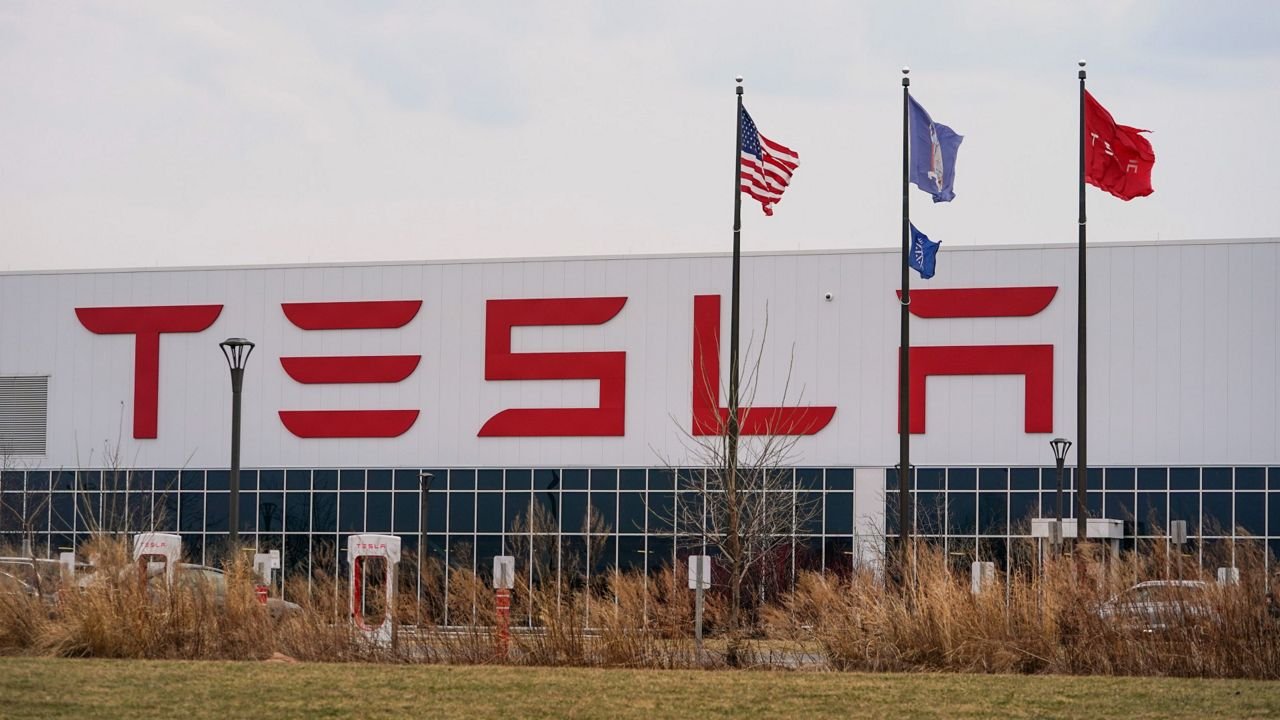Tesla’s evolving partnership with New York State is setting new precedents in economic and technological development. This collaboration, originally established through a lease taken over from SolarCity in 2014, is poised for significant changes as the current agreement nears its expiry.
Tesla and New York State, led by Empire State Development (ESD), are renegotiating terms that were initially set to foster growth and innovation in Buffalo’s Gigafactory. The factory, which has been pivotal in producing Tesla’s Solar Roof and Superchargers, has been a cornerstone of Tesla’s commitment to New York, employing a significant number of local residents.
When and Where:
The existing deal, in effect since 2014, will expire soon, prompting both parties to draft a new agreement that extends their partnership. All activities center around Tesla’s Gigafactory located in South Buffalo, a site that has benefited from and contributed to the regional economy.
Why:
The renewal of this deal is crucial for both Tesla and New York State. It promises to not only increase employment numbers but also invest in local communities through job training programs and facility improvements. Specifically, Tesla is set to adjust its workforce numbers and payment structures in response to the state’s demands and economic incentives.
Key Changes in the New Deal:
- Employment Commitments: Tesla plans to increase its workforce at the Buffalo factory from 1,460 to 1,800 and statewide from 2,000 to 3,000 employees. These adjustments reflect both Tesla’s expansion plans and New York’s strategy to boost local employment.
- Financial Adjustments: The renegotiated terms include an increase in rent that Tesla will pay for the Gigafactory—from a symbolic $1 per year to $2 million annually through 2029, and then $5 million thereafter. These funds are designated for the maintenance and improvement of the factory premises.
- Investment in Technology: Central to the agreement is Tesla’s commitment to invest over $500 million in a supercomputer at the Gigafactory, enhancing the site’s capabilities in artificial intelligence and other advanced technologies.
- Legislative Aspects: The deal also covers Tesla’s aspirations to expand its direct-to-consumer sales through additional dealerships in New York, contingent upon legislative approval. This move could potentially increase Tesla’s workforce by an additional 500 employees statewide.
Controversies and Challenges:
One controversial aspect of the deal is Tesla’s push to increase its dealership footprint in New York, challenging existing state laws that restrict direct-to-consumer car sales. Previous legal challenges from auto dealer associations have not deterred Tesla’s ambitions, reflecting ongoing tensions between traditional automotive sales channels and Tesla’s innovative sales model.
Economic and Social Implications:
The updated agreement between Tesla and New York State not only aims to enhance Tesla’s operational capabilities but also ensures substantial investments in local job training programs, benefiting the wider community. Additionally, the deal stipulates that New York will facilitate all necessary regulatory approvals for Tesla’s projects, ensuring smooth advancement of their initiatives.
This evolving partnership illustrates a significant commitment from both Tesla and New York to drive forward technological innovation and economic growth. The deal sets a precedent for how technology companies and governmental entities can collaborate to achieve mutual economic and social goals.



















Add Comment